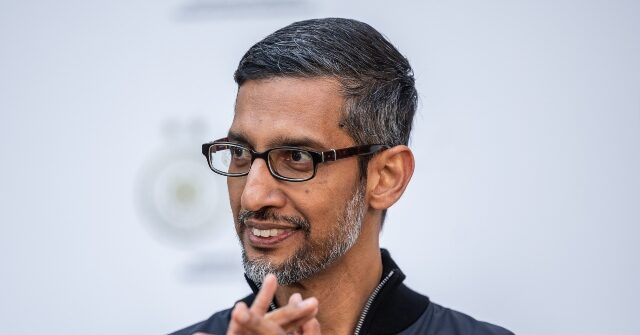Google’s recent removal of PragerU’s app from the Google Play Store fired up a fresh wave of controversy, highlighting ongoing tensions between the tech giant and the educational organization known for its conservative viewpoints. Google attributed its decision to perceived violations of its “misleading claims” policy, which aims to maintain reliability and safety on its platform by ensuring that apps do not disseminate potentially misleading information, especially regarding government content. This action prompted significant outcry from PragerU and its supporters, just as prior censorship incidents had done, leading to Google reversing its initial decision soon after.
The formal communication from Google stated that PragerU’s app failed to comply with guidelines meant to ensure clear delineation of government information. Specifically, Google pointed out that the app lacked a clear source for government-related information and did not provide an obvious disclaimer disassociating the app from government entities. This issue raises broader questions about the role of tech companies in regulating the content available on their platforms, particularly when it comes to politically charged information that may challenge mainstream narratives.
PragerU’s response to the reprimand reflects an ongoing narrative of censorship faced by conservative platforms in digital spaces dominated by big tech. The organization has stressed its commitment to combatting these censorship practices, claiming that the repeated targeting by platforms like Google showcases the effectiveness of its content in reaching audiences. The swift reversal after public backlash suggests that PragerU’s followers, as well as some media outlets, have managed to trigger corporate reconsiderations regarding censorship decisions, serving as a testament to the power of organized advocacy in challenging big tech authority.
Craig Strazzeri, PragerU’s chief marketing officer, elaborated on the organization’s mission to defend its presence against perceived censorship. He underscored the organization’s resolve against big tech interferences, interpreting repeated removals as indications of their impact and reach. Strazzeri further encouraged supporters to contribute financially to bolster PragerU’s efforts, suggesting that independence from big tech platforms is crucial for the organization’s continued operations and message dissemination.
The saga aligns with broader debates surrounding free speech, platform accountability, and the role of social media in shaping public discourse. For PragerU and its supporters, each action taken against them by platforms like Google reinforces their narrative of being silenced, while they assert that their content should have an equal place in the marketplace of ideas. As similar incidents continue to arise, larger questions surrounding censorship, bias, and the responsibility of tech companies are inevitably brought to the forefront of public discussion.
In conclusion, the conflict between PragerU and Google illustrates the contentious landscape of content moderation in the digital age. While tech companies assert their need to maintain platform integrity through policies like the misleading claims rule, organizations like PragerU see these actions as barriers to their expression and outreach. The unfolding situation encapsulates the tension between regulation and freedom of expression, demonstrating how deeply intertwined digital platforms are with modern political narratives and educational content. As advocacy against censorship grows, the implications for both tech companies and content creators will likely forge new paths in how information is disseminated and regulated online.

